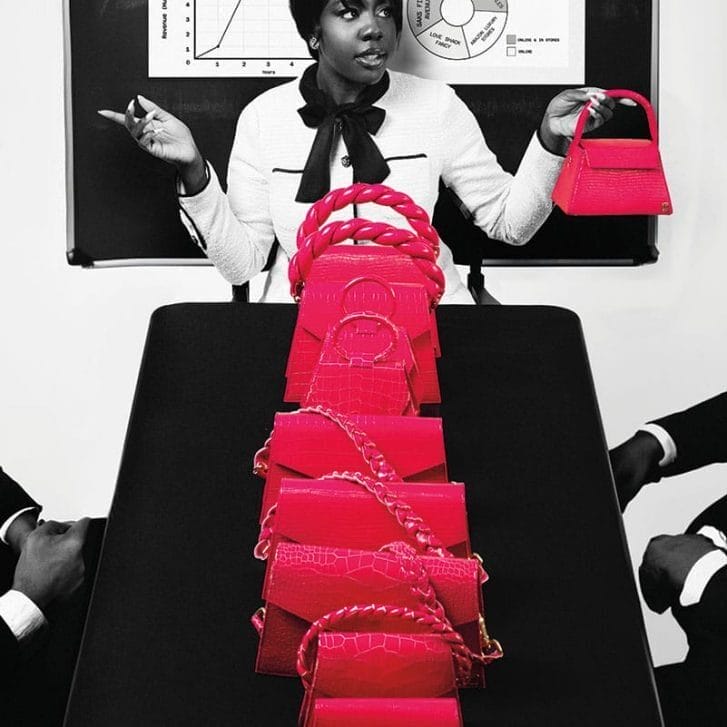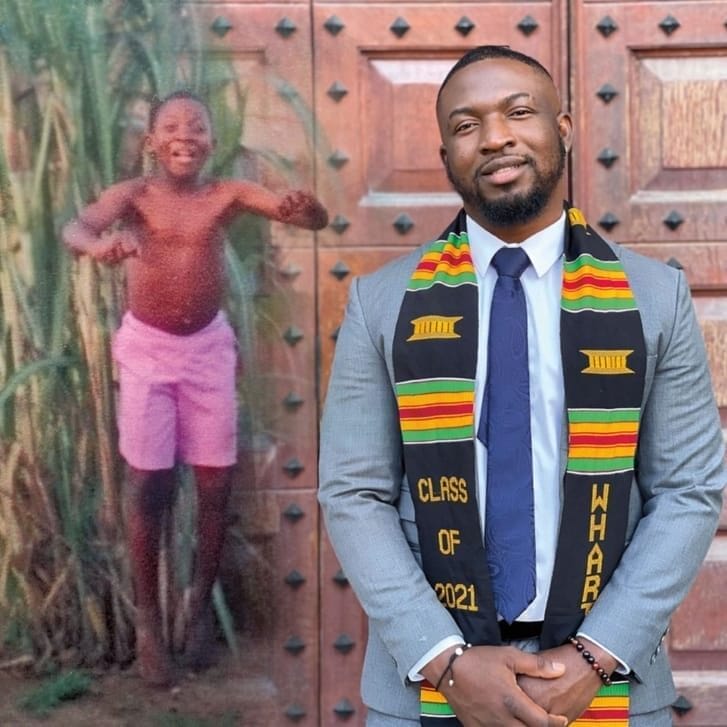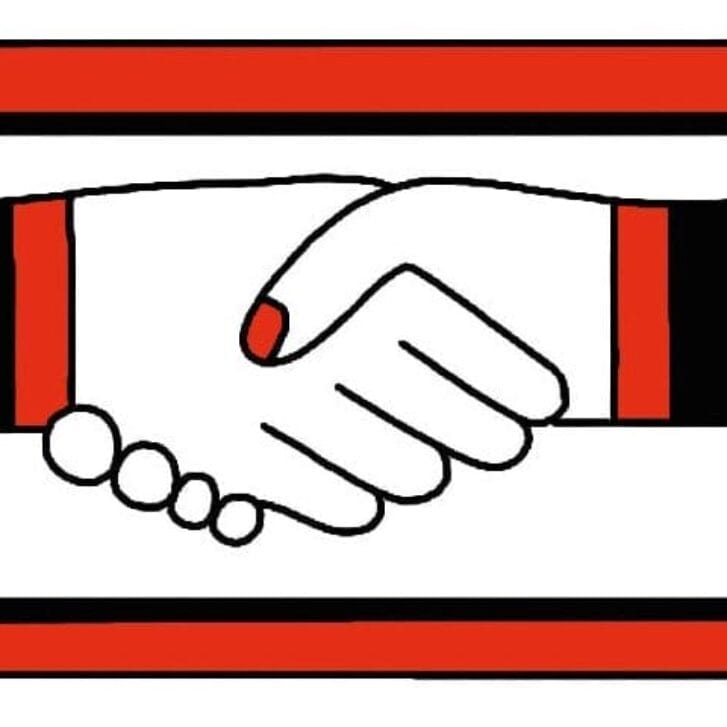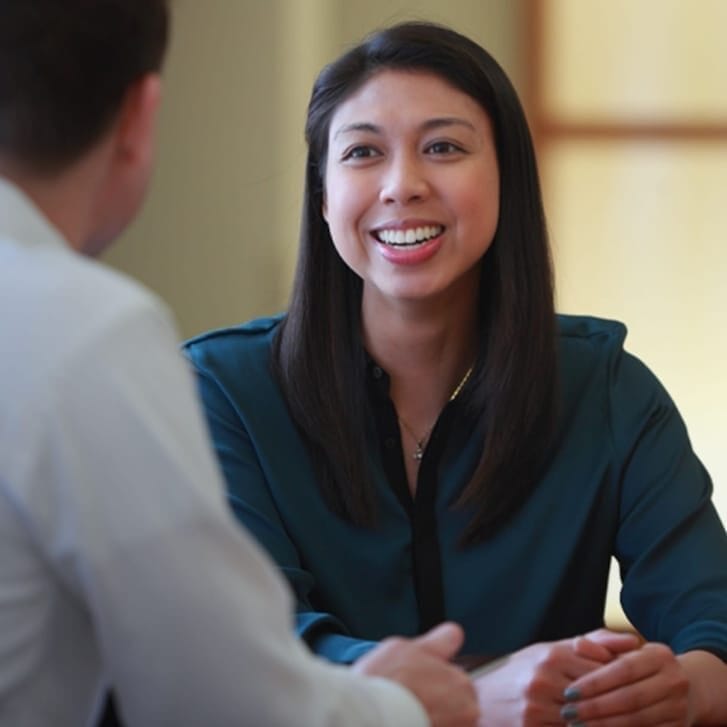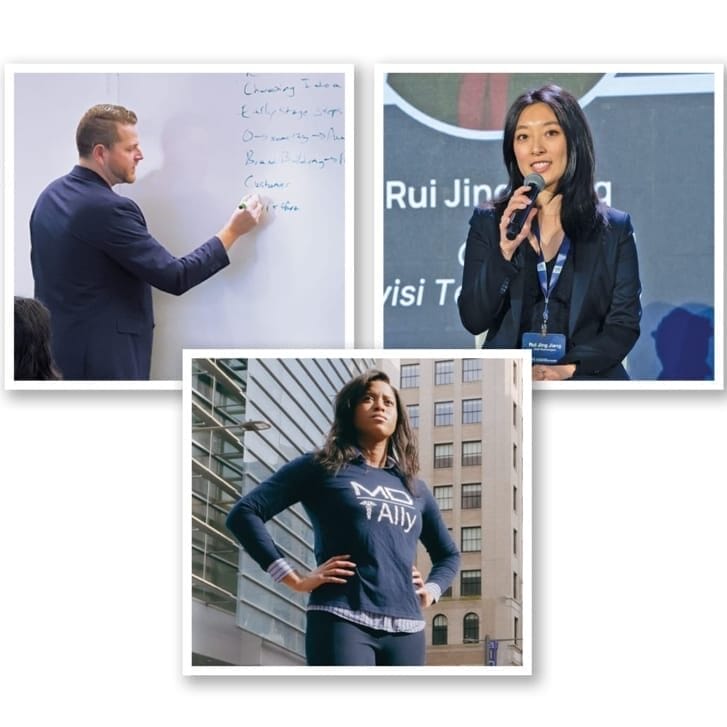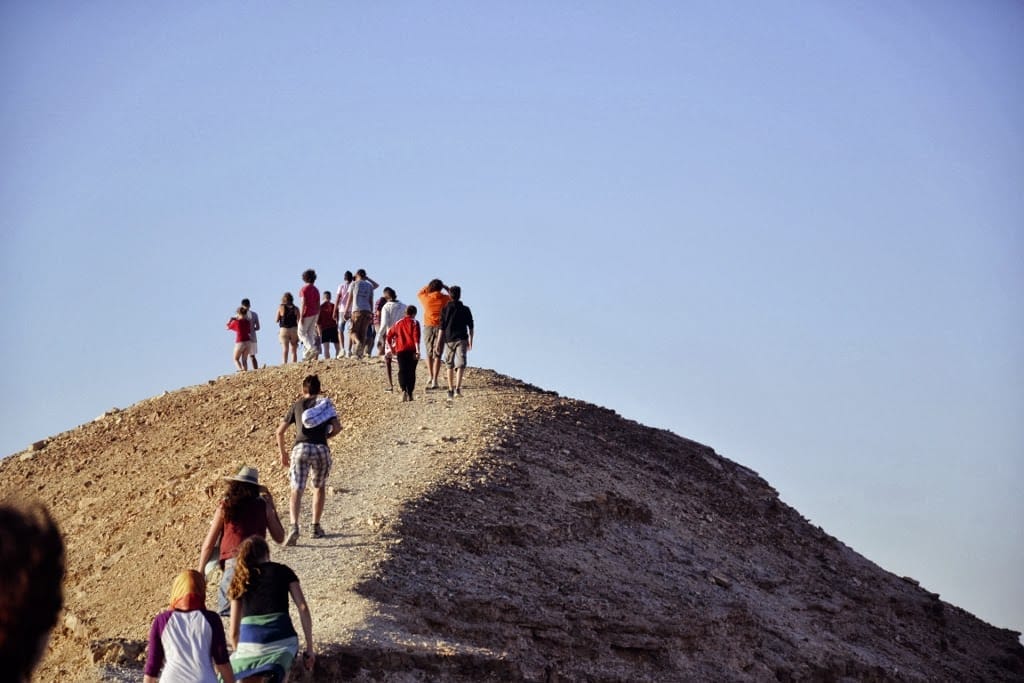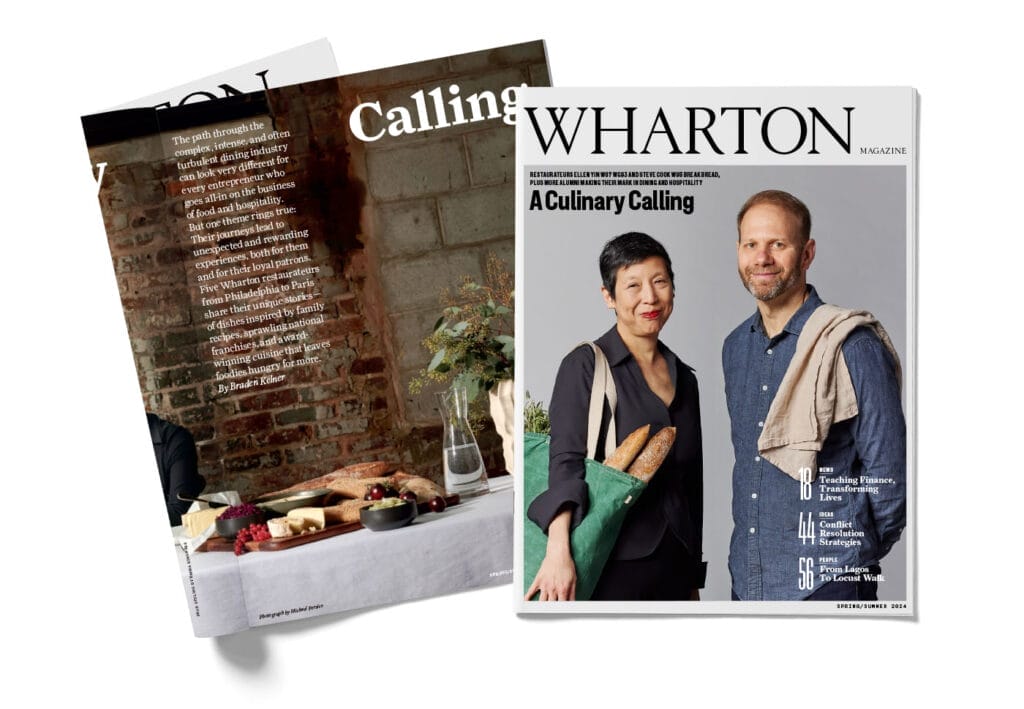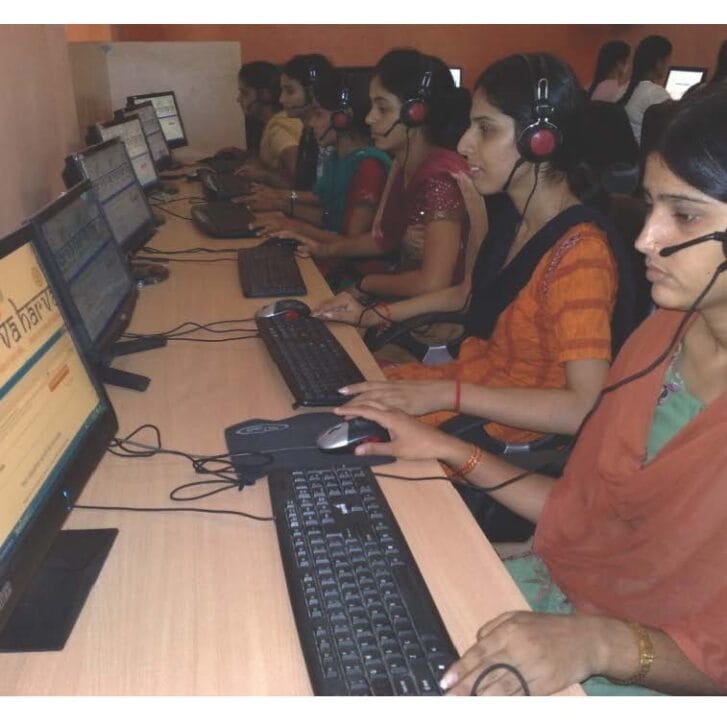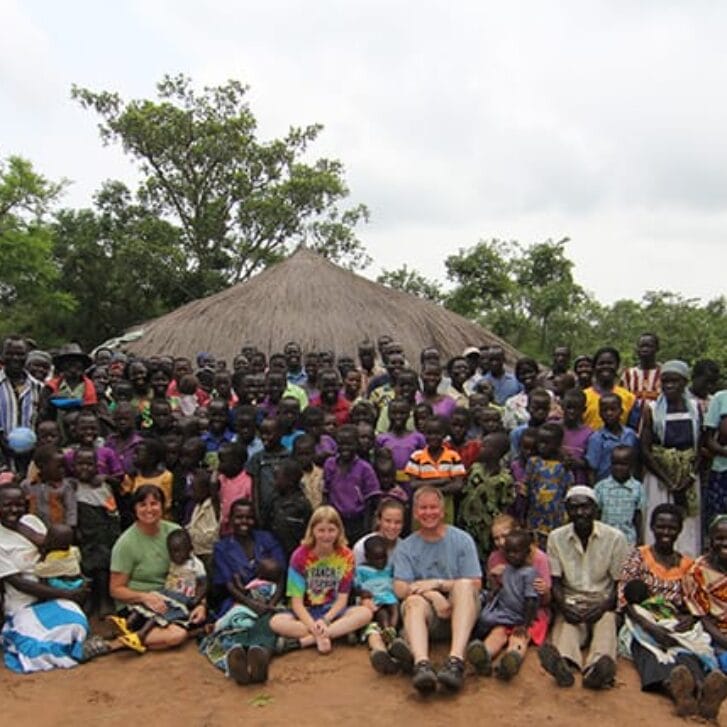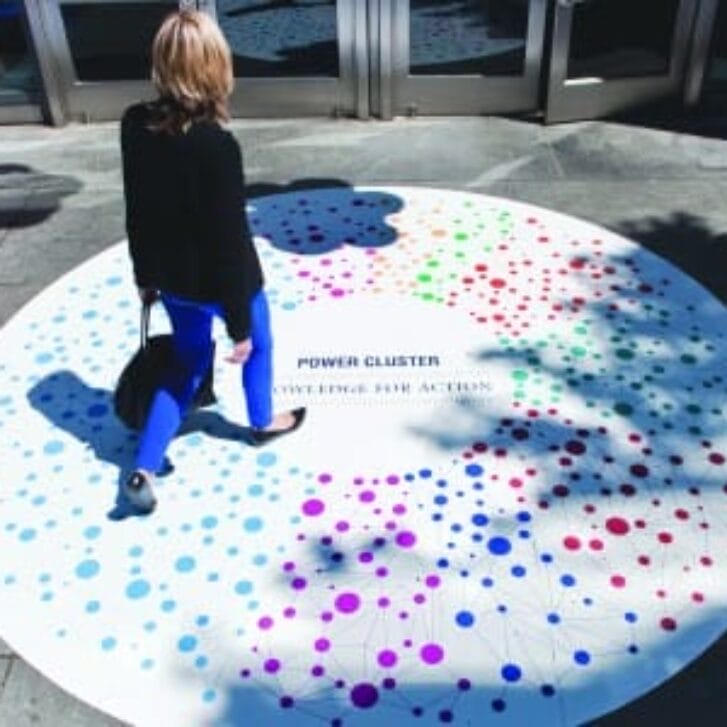Oded Rose, G’95, WG’95, was 16 when he had his first educational experience of a lifetime. A child of modest upbringing in Israel, by chance through the Canadian Embassy in Tel Aviv he heard of Canada’s Pearson College on Vancouver Island, which brings together 200 students from 80 countries to earn an International Baccalaureate diploma. He applied and received a full scholarship, then found himself in a boarding school environment, sharing a room with a handful of other students, including a Muslim.
“It was a life-changing experience,” Rose said, who now serves as CEO of chemical and energy technology provider Flow Industries Ltd.
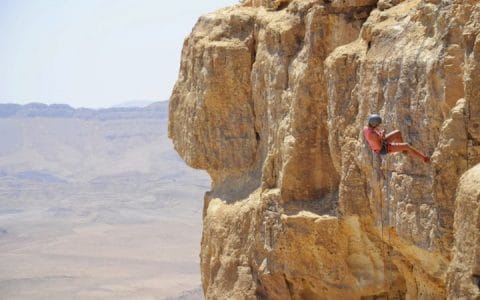
Oded Rose, G’95, WG’95, chair of the EMIS board of directors, hopes the school’s students enjoy life-changing experiences, similar to the ones he experienced as a teenager (not pictured).
The experience taught him two major takeaways. He came from a society in conflict, and Pearson presented a framework of mutual respect for all cultures unlike anything he previously had experienced. Two years in Canada taught him that if he wanted to make a difference, it had to come from education.
Rose is applying both lessons with Eastern Mediterranean International School (EMIS), for which he serves as chair of its board of directors. He believes that the most relevant places for schools that foster multicultural respect are locations of political or economic conflict—such as the Middle East. With EMIS, the plan is to bring the brightest youth together—like Pearson, juniors and seniors in high school—and help them focus on society’s problems, resolve them or set them on a path to resolution through education.
“By future leaders meeting each other, we help bridge between nations, and cultures and peoples basically,” Rose said. “The reason why it’s the high school model is because it’s the right age where social and political stands are formed.”
In other words, 16- and 17-year-olds aren’t set in their parents’ ways just yet.
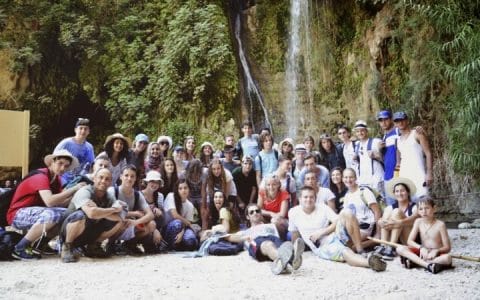
A group photo from the summer coursework
In six months, 16 and 17-year-olds will begin taking the first 11th grade classes at EMIS. In full, the International Baccalaureate curriculum will be based on two junior and senior pre-university years, though Rose also mentions a preparatory 10th grade class with 15 to 20 students looking to study English in preparation for the full program. EMIS will be using temporary facilities while the school builds the permanent ones, but the temp digs are not too shabby. Located in the Hakfar Hayarok campus northwest of Tel Aviv, home to a large Israeli environmental leadership high school, EMIS is also partnered with that school and will access its facilities and interact with the pupils.
EMIS already has applications from students from 30 countries, Rose reports, and the school is expecting 60 11th graders when classes start—with a ratio of 20 percent Israelis, 20 percent Arab and Palestinian students, and 60 percent international.
And the school has developed and tested the model through five consecutive summer courses. Rose reports that in the last one they had 42 participants from 22 countries, including 14 from five Arab countries (Palestine, Egypt, Jordan, Morocco and Iraq).
“There is a thirst amongst the young generation to meet people from other cultures, especially in countries who are in conflict. Our Facebook page gets most of its likes from youngsters in Morocco, Egypt and Palestine,” he explains. “This gives me hope that the next generation, given the right opportunities and tools, can help break cycles of suspicion and fear and build those bridges between the people that will eventually lead to peace.
“If we can get the kind of students that we’re seeking—the change agents, the ones who are excited about our ideas—from all over the world … that will be very successful,” he says. “Everything is possible; you just have to believe in it.”
EMIS will be funded through a combination of government sources (Israeli and foreign), foundations and private philanthropists, corporation donors and tuition. Rose expects the mix to be roughly thirds government, philanthropy and tuition at steady state.




